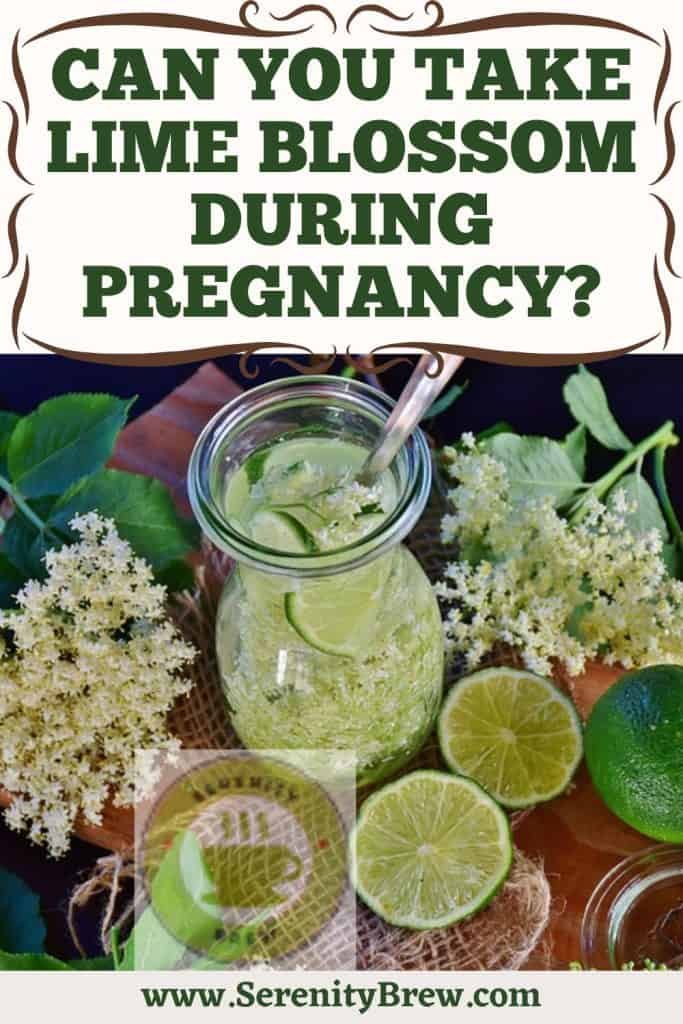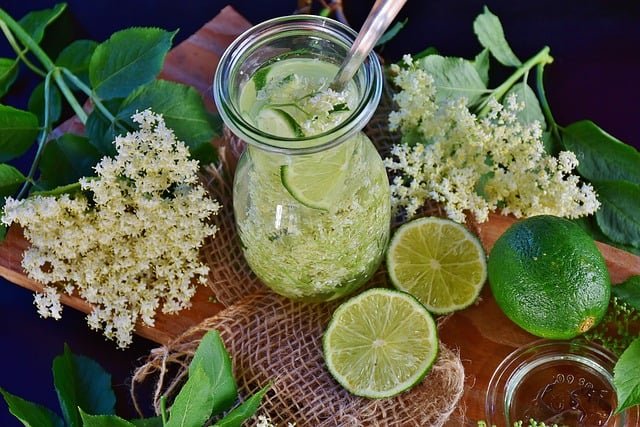
Pregnancy is a very special time in a woman’s life, but it is also a time to worry about the new life that is growing inside of you. It is then when physical, emotional care and, above all, diet, take on tremendous importance.
One of the most important care is to maintain hydration, because water is not only a vital component of the body, but it is necessary to form amniotic fluid and to supply the blood increase at the expense of fetal blood circulation.
Sometimes pregnant women are recommended to drink teas to improve hydration, but is it advisable to drink lime blossom during pregnancy?
Can you take lime blossom during pregnancy?
Increasing the intake of water through teas is something that is often recommended to pregnant women to promote hydration, in addition to its use to relax, fight cravings or to mitigate nausea.
However, this recommendation is sometimes made “lightly”, since for most of the herbs that are used in infusions, there are not enough studies to confirm their safety during pregnancy.
In the case of linden tea, more commonly known as linden, its history of use over the years suggests that it is a safe infusion, but, as with most herbal infusions, there is insufficient data to support this claim. affirmation.
Most studies on herbal teas focus on the caffeine in tea and coffee, leaving herbal teas on the sidelines, as they are consumed to a lesser extent.
It is best to avoid lime blossom during pregnancy for these reasons:

– The effects of lime blossom are many, although in general these medicinal effects are attributed to the entire plant, while only the flowers are used to make infusions. Linden lime is a popular remedy against colds, to relieve fever and cough, and even to improve sore throats, although perhaps its most traditional effect is to reduce anxiety and improve symptoms of heartburn. Farnesol is the compound that causes the sedative action of lime blossom, and its effect can be counterproductive in the face of the progress of contractions.
– A study conducted at an American university found that lime blossom has an uncomfortable effect on sweating, increasing it, and with it body temperature. Although this effect may be helpful in combating infections, during pregnancy it is negative, as the pregnant woman may find it more difficult to regulate her temperature as a result of increased blood volume.
– In addition, a slimming or blood dilution effect was observed after linden consumption, which could be dangerous in pregnant women, particularly in the last trimester, as it increases the possibility of excessive postpartum bleeding.
There is indeed a clear controversy regarding the safety of lime blossom in pregnancy, among other reasons, because there are not enough studies to support it. However, there is also not enough information to prohibit it during pregnancy, so it is not possible to make a recommendation in this regard.
